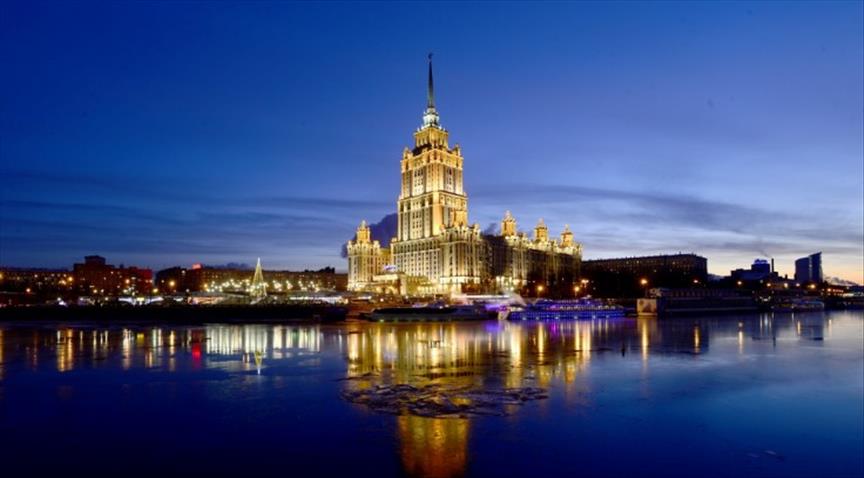The Russian government is planning to tighten the belts of its citizens by restricting the growth of wages until 2019, however experts warn that this strategy could backfire.
At the end of April, Russia’s Ministry of Economic Development proposed a restriction of growth in wages to the government for 2016-2017 with further compensation in the 2018-2019, in order to achieve a GDP growth of 4.5 percent by 2019, according to various reports in the Russian media.
Due to the drop in oil prices, as well as Western sanctions, the Russian economy contracted 3.7 percent in 2015 while the World Bank 2016's growth projection for Russia was marked at minus 1.2 percent.
According to the Russian Ministry of Economic Development's proposal, the real wages of citizens will decrease by 2.8 percent in 2016 and by a further 0.3 percent next year, while pensions face a bigger cut at 4.8 percent and 2 percent in 2016 and 2017 respectively.
Konstantin Korishchenko, chairman of the Stock Markets and professor of the Russian Presidential Academy of National Economy and Public Administration (RANEPA), told Anadolu Agency that the proposal is pointing to a greater focus on public and private investments as major drivers of future economic growth, by reducing the state’s social expenditures.
“This policy model being reasonable and logical in the circumstances of economic crises can face very serious opposition from different political groups who are already in a parliamentary election fight,” Korshchenko added.
The elections to the State Duma, which is the lower legislative house of the Russian Federation, will be held on Sept. 18.
Korishchenko said that a further increase in oil prices, boosted by a positive shock from the curtailment proposal, could give the Russian government extra money for use in its social budget.
In June 2014, the glut in supplies from the elevated production from North America, which saw the global price of oil plummet from over $110 per barrel to $40 per barrel levels, negatively impacted oil-dependent OPEC countries and Russia.
Russia depends on the sales of oil and gas for about half its annual budget revenues.
Anton Tabakh, associate professor at Moscow's Higher School of Economics said the cutback proposal on wages was not "safe and sound."
He explained that Russian export industries are not labor-intensive, and while the cheap rouble made wages in other industries competitive, new technology placed a lid on them.
“I consider this statement part of the fight over public sector wages and pensions indexation to make both cheaper for the government,” Tabakh said.
Meanwhile, according to calculations made from the Ministry of Economic Development, if the proposal to restrict growth of wages is realized, the poverty level in the country, which was 13.1 percent last year, will increase to 13.9 percent by 2018.
“I believe the 'strategy' based on people becoming poorer is always a bad one,” Oleg Shibanov, the program director of Master of Sciences in Finance at the Moscow-based New Economic University said.
The expert explained that when the potential of an economy goes down, the government is unable to support the level of expenses and therefore has to reduce real wages.
He underlined that the potential in the Russian economy decreased mostly because of the fall in the prices of raw materials.
“If people become poorer, they stop spending especially on local services which further undermines the ability of the firms to sell,” he said, adding that this could create a risk of a lasting cycle of constant GDP reduction like in Greece.
According to recent research by VTsIOM, a Russian survey company, 72 percent of Russian people believe that the best solution to cushion the effects of the crisis was to give up expenses.
VTsIOM analysts stressed that the Russian economy could be in a deflation spiral, as people are worried about spending money because they are afraid of losing their jobs, hence companies are unable to sell their products and then decrease production.
By Emre Gurkan Abay in Moscow
Anadolu Agency
gurkan.abay@aa.com.tr


